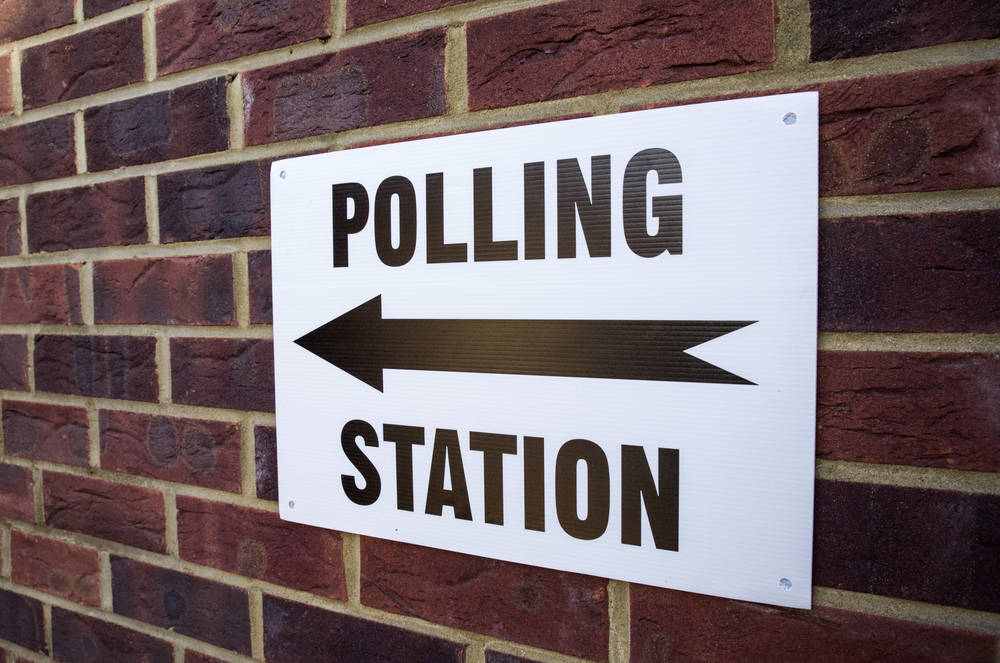Experienced Investor
What the election outcome will mean for investors

A look at how markets are likely to respond to a Conservative or Labour majority, or a hung parliament.
When Theresa May called a snap general election just over a month ago, the Conservative Party was expected to sweep the board and easily secure a sizeable majority.
However, with just days to go until voters head to the polling booths, many polls show a narrowing between the two major political parties, so much so that a Tory clean-sweep can’t be guaranteed.
With that in mind, investors should be prepared for any eventuality. While making asset allocation decisions based solely on politics and party manifestos is ill-advised, there’s no harm understanding what each outcome will mean for markets.
Matthew Jennings, investment director for UK equities at Fidelity International, takes us through three of the likeliest scenarios.
Conservative majority
From the point of view of the market, a sizeable Conservative majority would be the preferred outcome from this election, and it is also very much the anticipated one. In this event we would be unlikely to see a significant equity market movement, all other things being equal.

Wellness and wellbeing holidays: Travel insurance is essential for your peace of mind
Out of the pandemic lockdowns, there’s a greater emphasis on wellbeing and wellness, with
Sponsored by Post Office
While many investors might have been hoping for a landslide, most polls do show a narrowing between the two main parties with Theresa May remaining Prime Minister. The continuity offered by even a small majority for the Conservatives would probably still come as some relief.
For investors, a Conservative government would allow for a recovery or stabilisation in sterling exchange rates. This could, in turn, end the boost experienced by companies listed in London with revenues from outside the UK.
However, that might not last: investors’ attention will turn to negotiations with the EU, which are likely to be extremely challenging whoever is in power and whatever the size of their majority, and could well be a source of further volatility in both currency and equity markets.
Hung parliament
A hung parliament would see the market trying to get to grips with two competing narratives.
Firstly, the old truism ‘the market hates uncertainty’ is likely to trigger currency and market volatility as investors ponder the scale of compromise to be made between parties of whatever hue as they try to form a government.
Secondly, assuming that the Scottish National Party or the Liberal Democrat Party plays a significant role in any coalition, a second Brexit referendum would suddenly become a real possibility for the first time, making investors re-assess their assumptions about Britain and the EU.
Overall, despite some inevitable volatility, the market is likely to wait and see what government emerges from the hung parliament before deciding how to react.
Labour majority
This would be a remarkable surprise and the market is initially likely to focus on what investors might think is the worst-case scenario under a Labour government led by Jeremy Corbyn.
Many of his party’s manifesto pledges are specifically designed to reduce the profitability of the UK corporate sector and to capture a greater share of GDP in taxation to fund public spending. The market would also have to grapple with the prospect of nationalisation occurring in certain sectors.
We should expect significant volatility in currency and equity markets as domestic and overseas investors adjust their exposures to reflect lower levels of expected corporate profitability in the UK under a Labour government.
However, this pessimistic (from an investor point-of-view) scenario assumes that Labour’s manifesto pledges are successfully legislated. It seems extremely unlikely that such a transformative programme could be enacted (at the same time as challenging Brexit negotiations), as Corbyn has much less support among Labour parliamentarians than the party’s electoral base.
It is quite possible that the market’s initial over-reaction to a Labour victory would create opportunities for companies which produce things that people will want to buy whichever party is in government.